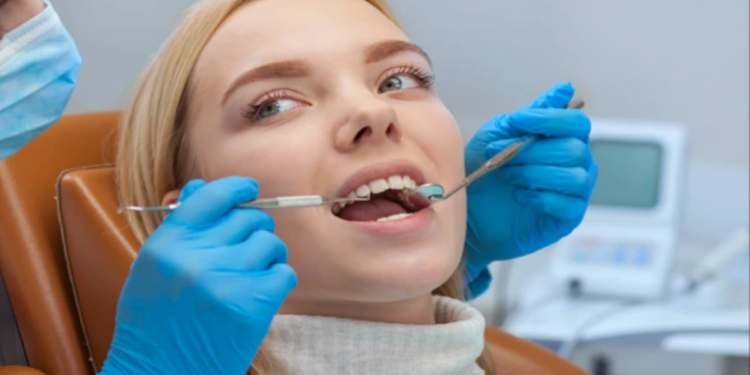We all are familiar with the procedure of wisdom teeth removal. It is one of the most complicated and painful surgeries. The pain of wisdom teeth extraction becomes severe if we don’t follow the proper caution. This is the reason we are here to guide you about do and don’ts after wisdom teeth removal. So, if you are suffering from the pain after the tooth extraction, then don’t worry. This guide proves very helpful for you. Let’s start reading this article correctly without skipping any single line.
Do And Don’ts After Wisdom Teeth Removal?
Before going into the in-depth of this query, it is essential to keep in mind that the best recovery is only possible when you follow all the proper guidelines.
Do:
- In order to reduce the swelling that is common after wisdom teeth removal procedures, you should elevate your head
- The next and very crucial step is using ice. Yes, icing your face, especially in the affected area, helps to reduce the swelling. Furthermore, it also assists in relieving pain
- Gently bite down on the gauze to control bleeding. Once bleeding ceases, you can release the pressure
- This is a very important point that you should keep in mind: consuming food after the surgery matters a lot. So, what type of food do you intake? Try to eat soft food and drink plenty of fluids instead of food. Once the recovery is done then, you can take hard foods
- Jaw exercise is also very important after the procedure. Perform this exercise by slowly opening and closing your mouth
- Don’t use straws when you drink water or any other type of fluid. This may cause an increment in pain
- Take your medicine in time that your doctor prescribed
- Remember to start brushing your teeth from the second-day post-surgery, excluding the sites of wisdom teeth extraction
After discussing Dos, now it’s time to discuss the don’ts. So, let’s move towards the steps you should avoid after wisdom teeth removal.
Donts
- Many of you use straws after the surgery to drink water. But it is not a wise step. You should avoid the use of straws as well as smoking
To ensure a smooth recovery after wisdom teeth extraction, it’s crucial to steer clear of specific actions. Disturbing the blood clot at the extraction site can lead to increased bleeding, heightened pain, and a potential complication known as dry sockets. It’s essential to prioritize post-operative care to prevent these issues.
- For at least one week, don’t consume any hard food like potatoes and snacks, etc
- After the initial 48 hours post-wisdom teeth removal, ditch the ice packs. Opt for heat, applied externally or directly to the wounds inside the mouth. Warm water on the extraction site provides comfort and supports the healing process. Embrace heat therapy for a more soothing recovery experience
- Be cautious when rinsing your mouth; avoid vigorous rinsing. Using saltwater for rinsing is often recommended. However, be gentle to prevent any potential discomfort or irritation. It’s important to strike a balance to maintain oral health effectively without causing any unintended issues during the rinsing process
Other Things That You Should Know After Wisdom Teeth Removal
One thing that you should keep in mind is that recovery time varies from person to person. The same is true for medications. May some of you recover fast while others take some time. It is also important to choose the right dentist for surgery. After your procedure, it’s important not to be alone in the initial hours. This ensures that if you face any issues due to sedation, there’s assistance available. Having someone nearby offers peace of mind and immediate support in case you require help during this crucial post-procedure period. So, once you decide to move towards surgery, you must remember the above guidelines.
Final Words: Do And Don’ts After Wisdom Teeth Removal?
Hopefully, you are clear about your query: Do and don’ts after wisdom teeth removal. If you want a safe and fast recovery, you must follow these instructions. Furthermore, one should be safe from any type of pain by following the steps mentioned above.
For numerous teens and young adults, getting their wisdom teeth removed is a common rite of passage. Dentists frequently advise this preventive measure to avert potential oral health problems, such as decay and gum disease, ensuring long-term dental well-being.




